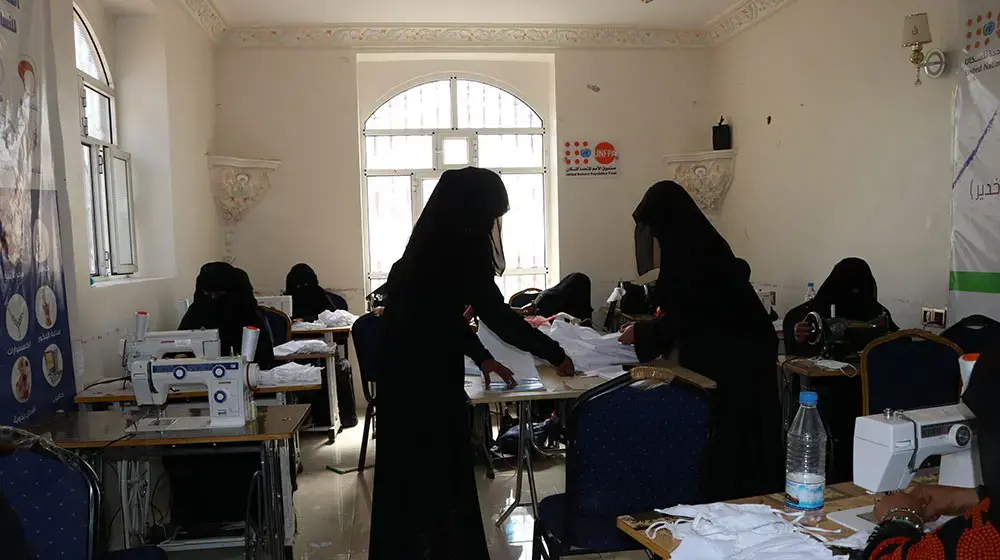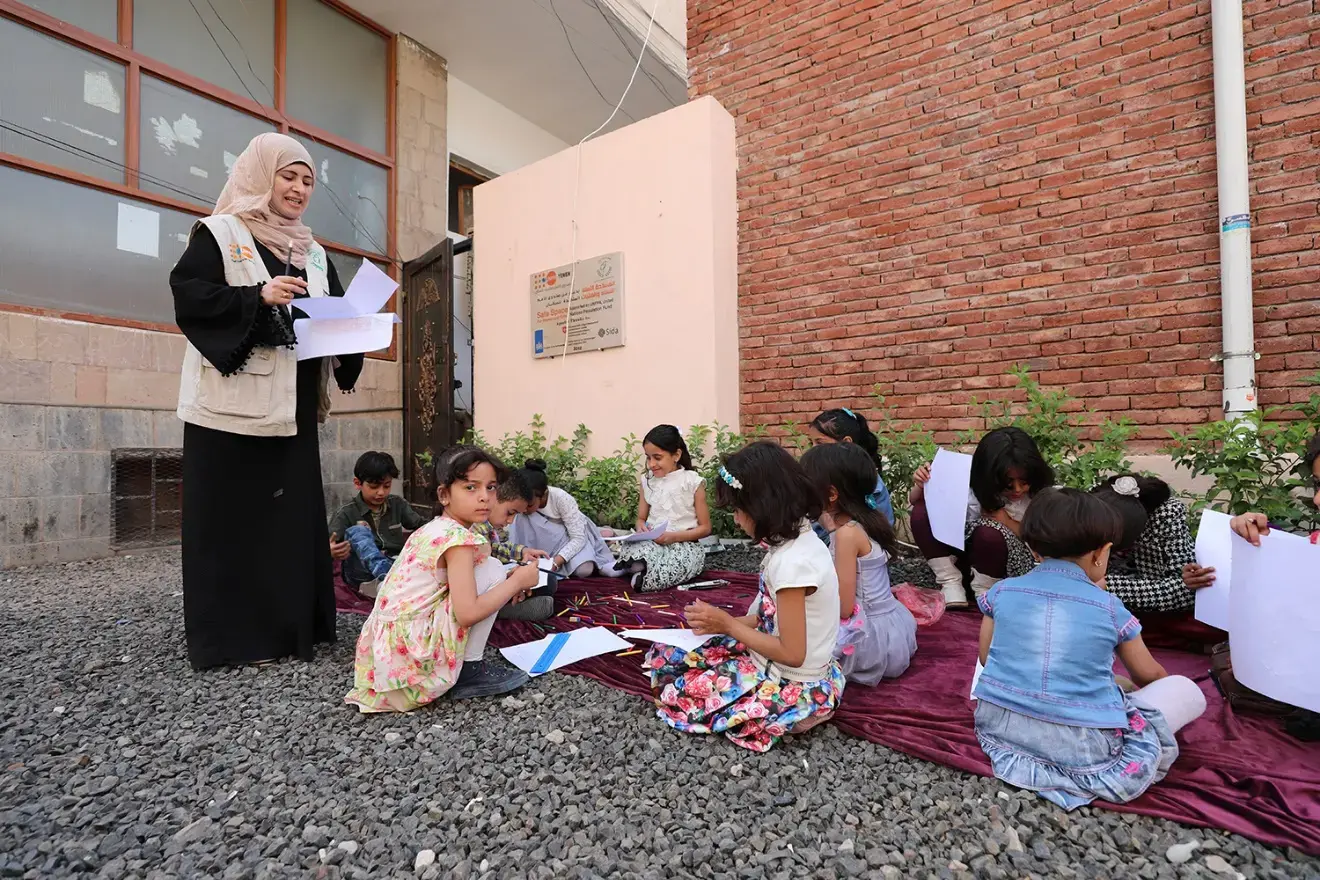More than 19 months of the conflict in Yemen has left an estimated 18.8 million people in need some kind of assistance or protection in order to meet their basic needs, including 10.3 million who are in acute need. This represents an increase of almost 20 per cent since late 2014, according to the 2017 Humanitarian Needs Overview, released in November 2016. The report also indicates that an estimated 14.8 million people lack access to basic healthcare, including 8.8 million living in severely under-served areas. Medical materials are in chronically short supply, and only 45 per cent of health facilities are functioning.
In November, a peace roadmap containing a set of sequenced security and political steps was presented, helping Yemen to return to a peaceful and orderly transition; with the Special Envoy to Yemen announcing that warring parties have agreed to resume meetings of a "De-escalation & Coordination Committee". Thereafter, a 48 hour cessation of hostilities was announced, however short-lived.
While efforts to negotiate a peace deal between the warring parties and groundwork for an inclusive unity government continue, the Houthi movement and its political allies formed a new government in late November, called the National Salvation Government, which may mean a setback to peace efforts.



